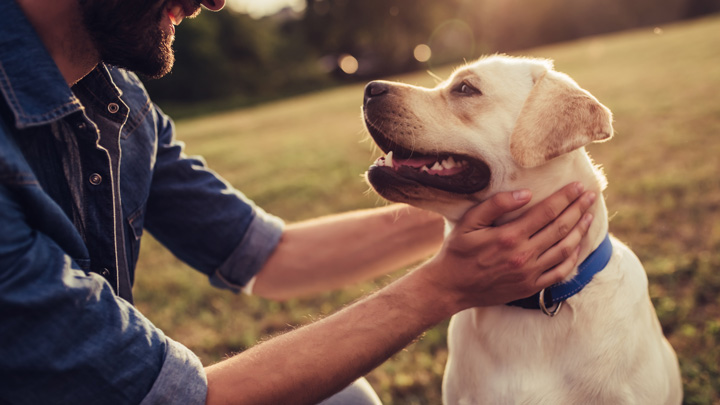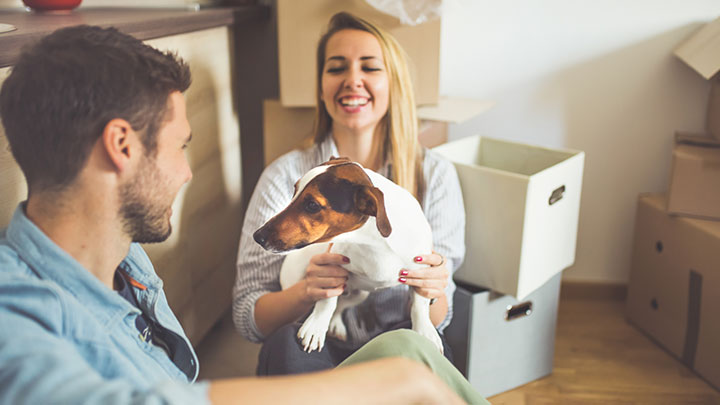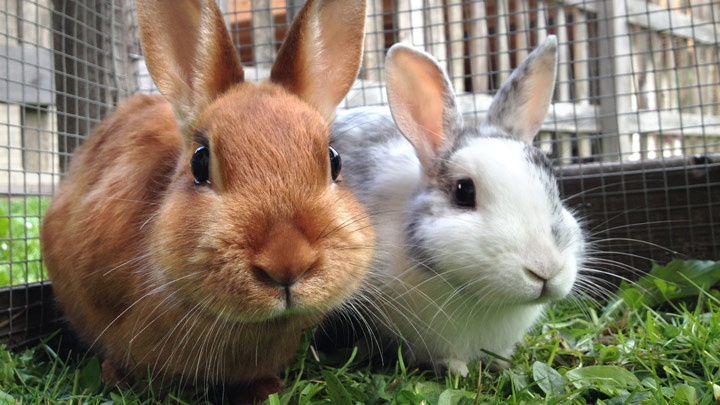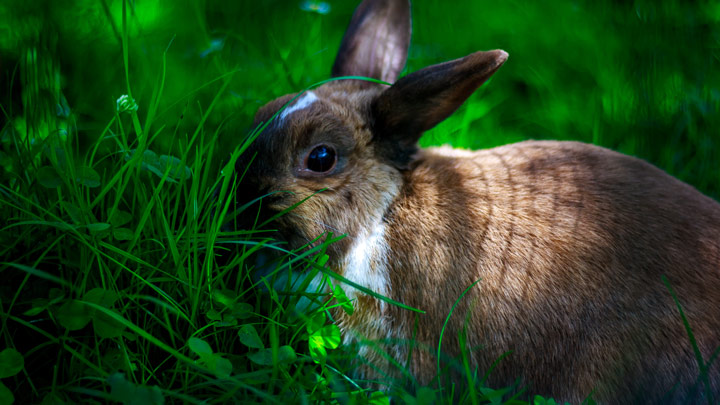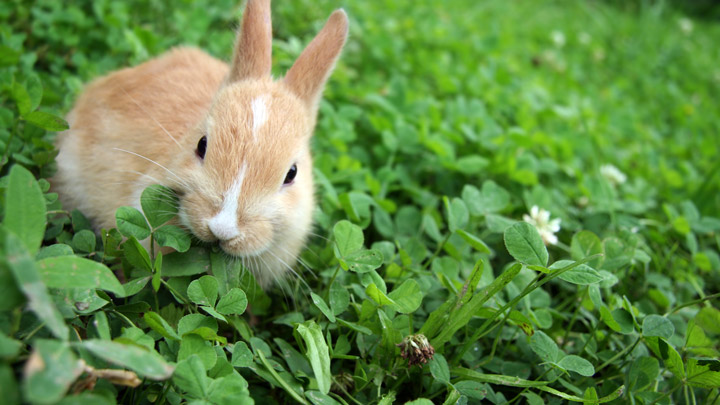How to Protect Your Rabbit from the Emerging Threat of RHDV2
A new and highly contagious strain of Rabbit Haemorrhagic Disease Virus, known as RHDV2, has been reported in several regions across Europe. Although there have been no confirmed cases in the UK yet, rabbit owners are urged to stay informed, vigilant and take preventive steps to protect their pets—especially since RHDV2 is often fatal and can affect rabbits of all ages, including indoor rabbits.
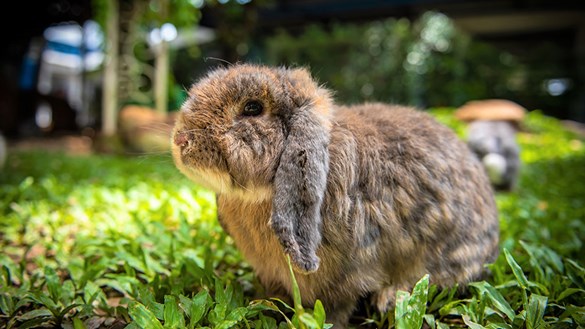
What Is RHDV2?
RHDV2 is a variant of Rabbit Haemorrhagic Disease Virus, a viral infection that causes internal bleeding and liver failure in rabbits. What makes RHDV2 particularly dangerous is its rapid transmission and the fact that many infected rabbits show few or no symptoms before sudden death. Because of this, early prevention is crucial.
Vaccine Shortages: What You Need to Know
A new vaccine, YURVAC RHD, was expected to play a key role in controlling the outbreak. Unfortunately, supply shortages across Europe have limited its availability. Veterinary professionals and suppliers are actively monitoring the situation, and updates will be shared as soon as the vaccine becomes available.
What You Can Do Now
While we wait for vaccine availability to improve, there are several important steps rabbit owners can take to reduce the risk of infection:
1. Keep vaccinations up to date
Even though current vaccines were developed for earlier strains (RHDV1 and Myxomatosis), there’s some anecdotal evidence that they may offer partial protection against RHDV2. Maintaining your rabbit’s vaccination status is still the best defence available.
2. Keep Rabbits indoors
If you live in or near a high-risk area, keeping your rabbit indoors can greatly reduce the chance of exposure to infected animals or contaminated environments.
3. Practice good hygiene
Always wash your hands before handling your rabbit, regularly disinfect cages, bedding, feeding bowls, and toys. RHDV2 can be transmitted via contaminated surfaces, so maintaining good hygiene is key.
4. Limit contact with other Rabbits
Avoid allowing your rabbit to interact with unfamiliar or unvaccinated rabbits. Do not share toys, bowls, or equipment between rabbits from different households.
Why vaccination still matters
Beyond the current RHDV2 threat, regular vaccination remains essential to protect against other serious diseases such as RHDV1 and Myxomatosis. Ensuring your rabbit’s immunisations are up to date is not just about individual health—it’s also a vital part of community disease prevention.
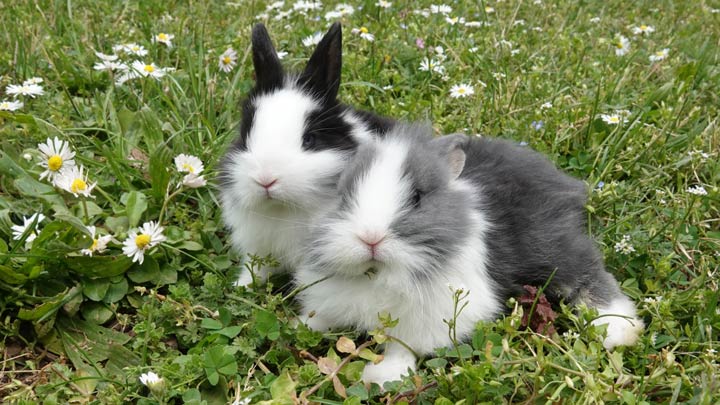
Stay Informed, Stay Safe
As the situation evolves, staying informed is the best way to protect your pet. While RHDV2 is a concern, there are steps you can take now to reduce your rabbit’s risk.
If you have questions or concerns about vaccinations or the latest guidance, speak with your vet as soon as possible.
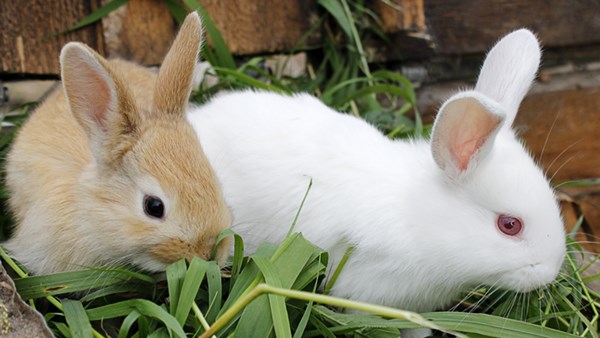
Vaccinating Your Rabbit
Find out more about rabbit vaccinations including what vaccinations are required and when.
Read article

